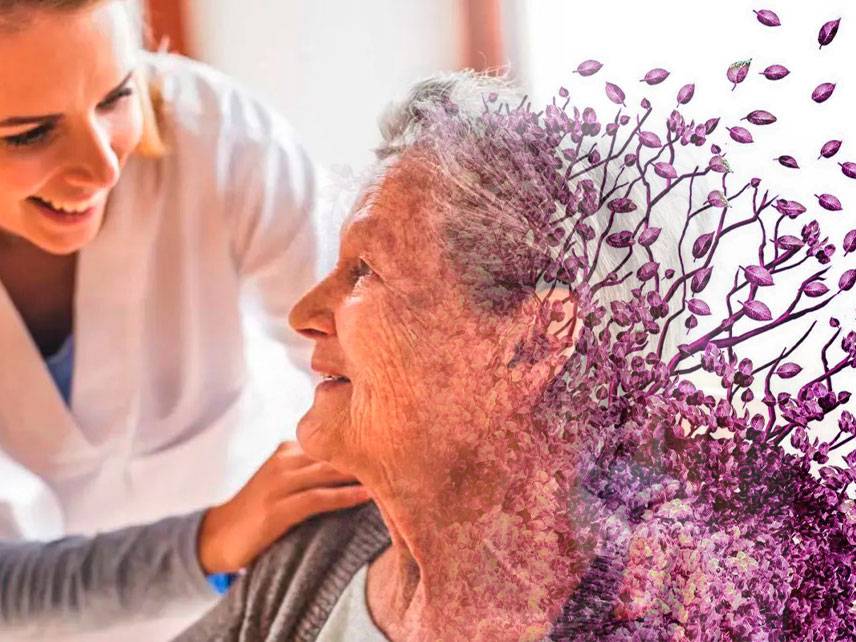Dementia is a progressive decline in cognitive function due to physical changes in the brain. It affects memory, thinking, language, judgment, and behavior. Dementia is not a single disease, but rather a group of symptoms related to diseases or conditions that affect the brain.
Signs and Symptoms of Dementia
The most common symptoms of dementia include memory loss, difficulty communicating, difficulty with problem solving and reasoning, difficulty with everyday tasks, difficulty with abstract thinking, and changes in mood or behavior. Other symptoms may include confusion, disorientation, agitation, aggression, and loss of interest in activities or social interaction.
Causes of Dementia
Dementia is usually caused by diseases or conditions that damage the brain, such as Alzheimer's disease, vascular dementia, Lewy body dementia, and frontotemporal dementia. Other causes of dementia include drug and alcohol abuse, HIV infection, head injuries, and stroke.
Risk Factors for Dementia
The risk factors for developing dementia vary depending on the type of dementia. However, some risk factors are common to all types of dementia, including age, family history, and lifestyle factors such as smoking, poor diet, and lack of exercise.
Prevention of Dementia
While there is no sure way to prevent all types of dementia, there are some lifestyle changes that may help reduce your risk. These include eating a healthy diet, avoiding smoking and alcohol, exercising regularly, and staying socially active.
Diagnosis of Dementia
If you are concerned that you or someone you know may have dementia, it is important to see your doctor. They will be able to diagnose dementia by doing a physical exam and evaluating the person’s medical history. They may also order tests to help diagnose the condition, such as brain scans, blood tests, and cognitive tests.
Treatment of Dementia
Currently, there is no cure for dementia. However, there are treatments available that can help slow the progression of the disease and improve quality of life. These include medications, psychotherapy, and lifestyle changes.
Coping and Support for Dementia
Caring for someone with dementia can be a difficult and challenging task. It is important to get support from family, friends, and health care professionals. There are also support groups, counseling services, and other resources available to help you cope with the condition.
Complications of Dementia
Dementia can lead to a number of complications, such as depression, anxiety, difficulty with daily activities, falls, and difficulty swallowing.
Living with Dementia
Living with dementia can be difficult, but there are ways to make life easier. It is important to stay active and engaged, and to find activities that you enjoy. It is also important to take care of yourself and get the support you need.
Dementia is a progressive condition that can have a significant impact on a person’s life. It is important to be aware of the signs and symptoms, the causes and risk factors, the available treatments, and the methods of coping and support. With the right care and support, it is possible to live well with dementia.





